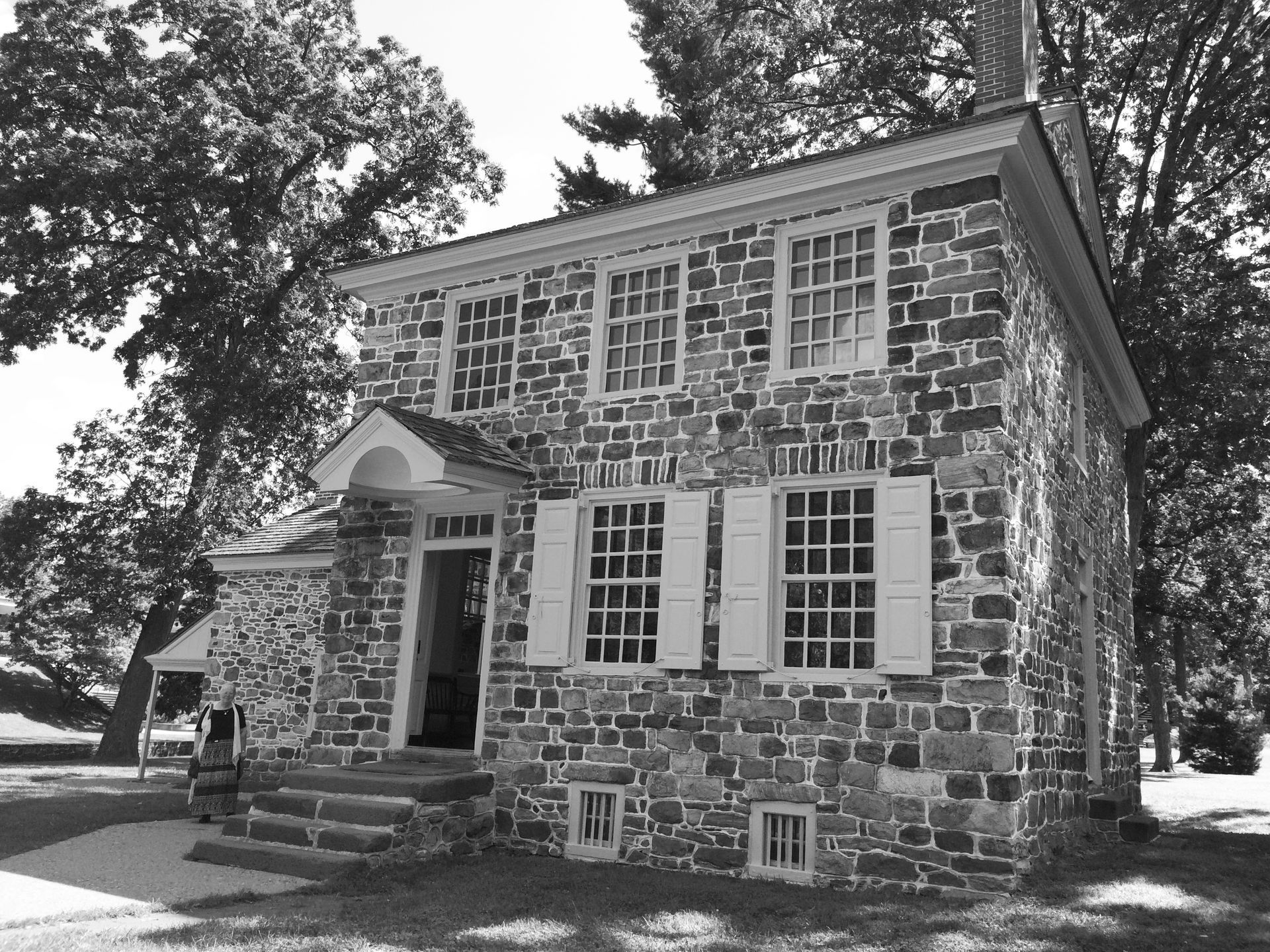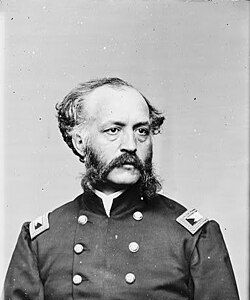This Month's Headlines:
Editor's Letter
With the snow finally melting and with the hopeful arrival of spring on the horizon, we at The Gettysburg Experience are eager to offer you another issue about the wonders of history, and Gettysburg.
Our Calendar of Events, which begins on page 11, is filled with many family-friendly and interesting events. Many of them are free of charge – and include events that coincide with the ongoing commemoration of the nation’s 250th anniversary. Read More >
Valley Forge: The Turning Point
The Pennsylvania winter of early 2026 has been one of the coldest in the record books. It is reminiscent of another wretched winter, 248 years ago, at a place called Valley Forge. For many months, from mid-December 1777 through March of 1778, there was perpetual snow, frost, and bitter cold that fell upon the hapless soldiers of George Washington’s Continental Army. What made those infamous months of suffering so unconscionable was the lack of provisions, clothing, and care for those who left their families and comfort for the acute conditions of the American winter camp. Such an appalling lack of care for humanity defied all logic.
The deplorable conditions and seemingly apathetic indifference of the Continental Congress and surrounding civilians made Valley Forge a frigid hell on earth. The fact that General Washington and his army not only survived but emerged more determined and united than ever before writes one of the more miraculous pages of American history.>Read More
“There Goes Berdan's Men”
Colonel Hiram Berdan & His Sharpshooters
On the morning of July 2, 1863, Confederate troops from General Cadmus Wilcox’s Brigade approached the woods near Seminary Ridge. Ordered by General Longstreet to deploy up the Emmitsburg Road, the men in gray hoped to reach their destination unseen. They were discovered, however. A small group of riflemen clad in dark green, known as Berdan’s Sharpshooters, entered under the cover of woods, determined to find the rebel presence and halt their advance. Their colonel, the unconquerable Hiram Berdan, led the way.
Hiram Berdan was considered the nation’s best rifleman in the days before the Civil War. Born in Plymouth, Michigan on September 6, 1824, Hiram was the second son of John and Hannah Berdan. The family later moved to Ontario County, in the Finger Lakes region of New York, where their sons and daughter attended school. Hiram was highly intelligent, and regularly tinkered with mechanical items. He graduated as a mechanical engineer from Hobart College. His profession soon expanded to inventions. Berdan's prowess brought him to New York City, where he met his future wife.1 >Read More
Editor's Corner: A Few Good Words
With the year 2026 in full swing, having arrived with celerity (a synonym for exceeding swiftness), it seems sensible to offer a few good words, designed to increase our sagacity. Here are thirteen of them:
Inchoate – an adjective that signifies something not fully formed, and in its rudimentary stages, such as our nation was in 1776. An inchoate group of colonies was never thought possible to be a nation before the great Revolution.
The Books

A Gettysburg Collection,
A Biographical Treasury
By Diana Loski
Diana Loski is the editor of The Gettysburg Experience magazine. For the Civil War enthusiasts, for the visitor passing through, or for the long-time Gettysburg resident, this book will capture the essence of this unique and wonderful, and sometimes tragic, place known to the world as the Borough of Gettysburg.
$12.00 plus $4.50 S&H
Books are available for purchase
by calling
717-359-0776.
About Us

The Gettysburg Experience magazine, a publication exploring the Gettysburg of yesterday and today. We offer an array of interesting articles – most of which have a direct relation to historic Gettysburg from the Colonial era through the turn of the 21st century, often with an emphasis on the famous battle that occurred in the summer of 1863.
The Gettysburg Experience also offers a comprehensive Events Calendar (for those who want to know what special happenings to attend when they visit – any time of the year), delicious recipes, Gettysburg trivia, profiles of people and area businesses.
Having served the Gettysburg area since 1997, The Gettysburg Experience extends our magazine to a wider circulation of readers, offering a glimpse into one of America’s most fascinating towns.
Our Latest Issue





